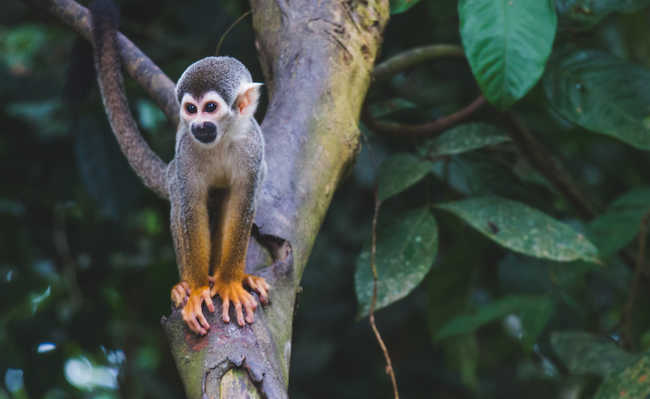"In danger": only 7,100 cheetahs remain in the wild
Large decline surprises scientists, who say the world's fastest animal will not escape extinction unless urgent conservation measures are taken.

Image: Pixabay
Even though it is the fastest land animal in the world, the cheetah (Shares jubatus) is having a hard time escaping extinction. New research shows that the animal, also known as the cheetah, is in bad shape and could go extinct unless urgent, large-scale conservation action is taken.
The new survey was carried out by organizations Zoological Society of London (ZSL), panthera and Wildlife Conservation Society (WCS) and reveals that only 7,100 cheetahs remain alive worldwide. The study concludes that the animal was "swept" from 91% of its historical occupation area. Asian cheetah populations are currently made up of 50 animals, confined in an isolated pocket in Iran. In Zimbabwe, in just 16 years, the number of cheetahs has risen from 1,200 to 170.
Lead author of the study, Sarah Durant, says: "This study represents the most comprehensive analysis of the cheetah's status to date. Due to the enigmatic nature of this elusive cat, it has been difficult to gather concrete information about the species, which has led to a difficult situation. Our findings show that the large space requirements that the cheetah demands, together with the complex range of threats faced by the species in the wild, means that the animal is likely to be much more vulnerable to extinction than previously thought." .
This prompted the authors to plead the cheetah's move from "vulnerable" to "endangered" on the International Union for Conservation of Nature's (IUCN) Red List of Threatened Species - which draws international attention to the fight against extinction.
Although there are parks and reserves where cheetahs live, they are one of the most extensive carnivores in the world and therefore 77% of their habitat extends beyond protected areas. This causes humans to hunt them excessively for various purposes, such as trafficking in exotic animals.
"We work with governments and the cheetah conservation community to implement comprehensive frameworks for action to save the species, but funds and resources are needed to implement them," says Durant. The recent decisions taken at CIPES17 in Johannesburg represent a significant step forward, particularly with regard to halting the illegal flow of live cats trafficked out of the Horn of Africa region. However, joint action is needed to reverse the ongoing declines in the face of accelerating land use change across the continent.
"We've just hit the reset button in our understanding of how close cheetahs are to extinction. What we've learned from this study is that protecting areas alone is not enough," says the director of the Cheetah Panthera Program, Kim Young-Overton. "We must think bigger, conserving throughout the mosaic of protected and unprotected landscapes that these large cats inhabit, if we are to avoid otherwise certain loss of the cheetah forever."
Source: Treehugger










